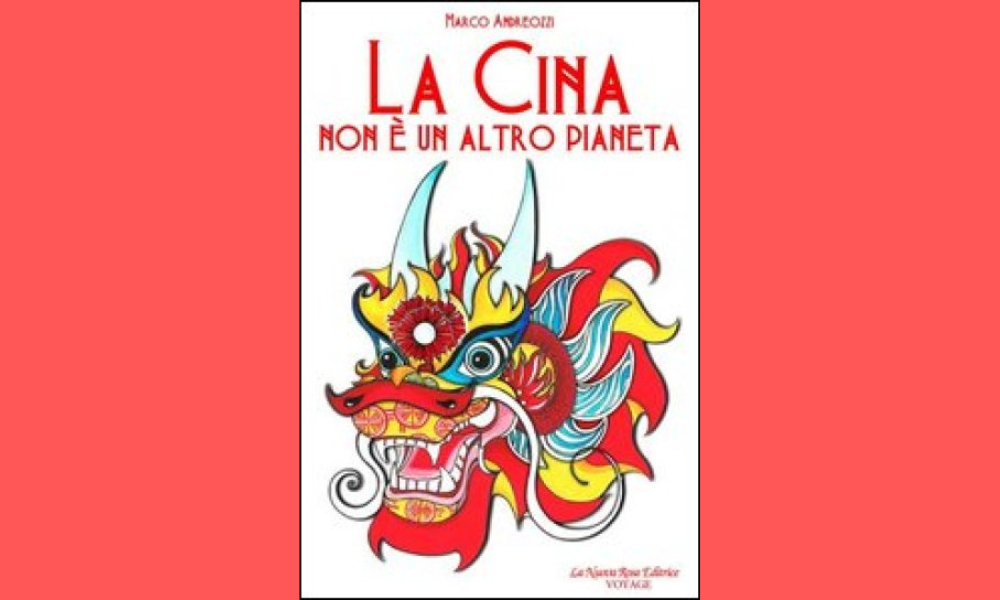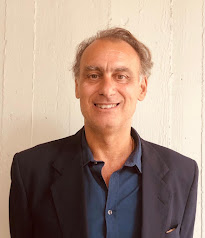Attualità
La Cina non è un altro pianeta, parte XI bis— China is not another planet, part XI bis

La Cina non è un altro pianeta, parte XI bis
di Marco Andreozzi
Nel maggio 2020 aveva esternato pubblicamente alcune affermazioni volte a ricordare la diffusa povertà cinese, un messaggio diverso da quello del segretario del partito, Xi Jinping. Infatti, dopo aver dichiarato che lo stipendio medio annuo in Cina vale 30000 rmb, 3870 euro al cambio di oggi (sceso del 4,5% da inizio anno), il primo ministro di allora, Li Keqiang, asseriva però che oltre 600 milioni di persone campano con solo 1000 rmb (130 euro) al mese. L’affermazione era volutamente nebulosa: in una famiglia con due che lavorano il risultato equivale a 260 euro, ma il dato può essere letto pro capite, spalmato anche sui figli, e quindi per tre persone il reddito è 390 rmb. Infatti, l’Ufficio Nazionale di Statistica si affrettò a divulgare quest’ultima tesi, parlando di 610 milioni di persone, il 40% delle famiglie più povere.
La fotografia sociale della repubblica popolare del 2023 è dettagliata ulteriormente da un dato ufficiale che rimane costante negli ultimi sei anni, ovvero la quota di spesa delle famiglie come percentuale del PIL, data al 38% quando la media mondiale vale oggi il 55%. A completare il quadro sono i miliardari, che detengono una ricchezza pari a circa il 20% del vero PIL cinese. Tale livello caratterizza enormi diseguaglianze sociali ed è superato solo da Russia, Singapore e Svizzera.
La diplomazia prevale nelle pubblicazioni ufficiali dei dati economici, ed è sintomatico che in quel fatidico anno 2018, anche la Banca d’Inghilterra pubblichi un proprio studio, ipotizzando quanto sarebbe crollata l’attività economica mondiale in caso di “atterraggio duro” della crescita cinese dal 7% a -1%, presagendo una caduta del PIL britannico pari a 1,2%. Naturalmente, la Cina è entrata in recessione in modo progressivo, e anche gli istituti di credito nazionali sono enti diplomatici (oltre che privati), fattore di primaria importanza in un sistema economico mondiale basato su debito e credito/credibilità. Insomma, sembra proprio che il primo grande teorico del sistema economico globale contemporaneo sia stato un Premio Nobel del 1934. Tal Luigi Pirandello, Nobel per la letteratura quale geniale innovatore della drammaturgia con la sua enfasi sul relativismo, l’impossibilità di conoscere la verità, il rapporto tra finzione, apparenza e realtà, maschera e volto.
E molto di più si cela nei regimi autocratici. Allorché un ministro viene rimosso, il barometro dello stato di salute del partito unico segna maltempo. Tempesta se i ministri allontanati sono due e titolari di dicasteri-chiave come Esteri e Difesa. Infatti, dopo Qin Gang, il 24 ottobre scorso è stato rimosso il generale Li Shangfu, discendente da una famiglia (il padre veterano dell’Esercito Rosso) originaria della contea di Xingguo nella prefettura di Ganzhou, enclave dell’etnia Hakka nel sud cinese che guidò la rivoluzione comunista. La madre di Mao era Hakka e lo era del tutto Deng Xiaoping. La cultura intellettuale e commerciale del meridione è fondante della nuova Cina, che ha governato fino all’avvento di Xi, duce dei “principini” rossi (figli dei compagni di Mao) del nord, i “guerrieri-lupo”, come sono appellati gli aggressivi diplomatici cinesi degli ultimi anni, secondo un totem legato alla tradizione dei dominatori turanici delle terre siniche settentrionali. Della fazione meridionale, l’ex presidente Hu Jintao fu “purgato” durante il congresso del partito di un anno fa, e Li Keqiang, suo conterraneo di Anhui, è morto ieri 27 ottobre per attacco cardiaco, a 68 anni.
La Cina non è un altro pianeta – Marco Andreozzi – Libro – Mondadori Store
China is not another planet, part XI bis
by Marco Andreozzi
In May 2020 he publicly made some statements aimed at recalling widespread Chinese poverty, a different message from that of the party secretary, Xi Jinping. In fact, after declaring that the average annual salary in China is worth 30,000 RMB, 3,870 euros at today’s exchange rate (down 4.5% since the beginning of the year), the then Prime Minister, Li Keqiang, asserted that over 600 million people live on only 1000 rmb (130 euros) per month. The statement was deliberately nebulous: in a family with two working people the result is equivalent to 260 euros, but the data can be read per capita, also spread across the children, and therefore for three people the income is 390 rmb. So China’s National Bureau of Statistics hastened to disclose this latest thesis, speaking of 610 million people, the 40% poorest households.The social snapshot of the people’s republic in 2023 is further detailed by an official figure that has remained constant over the last six years, namely the share of household spending as a percentage of GDP, given at 38% when the world average is currently 55%. Completing the picture are the billionaires, who hold wealth equal to around 20% of China’s real GDP. This level characterizes enormous social inequalities and is exceeded only by Russia, Singapore and Switzerland.
Diplomacy prevails in official publications of economic data, and it is symptomatic that in that fateful year 2018, the Bank of England also published its own study, hypothesizing how much global economic activity would collapse in the event of a “hard landing” of Chinese growth from 7% to -1%, predicting a fall in British GDP of 1.2%. Of course, China entered the recession gradually, and national credit institutions are also diplomatic (as well as private) bodies, a factor of primary importance in a global economic system based on debt and credit/credibility. In short, it seems that the first great theorist of the contemporary global economic system was a Nobel laureate in 1934. A certain writer from Sicily, Luigi Pirandello, who won the Nobel Prize for literature as a brilliant innovator of dramaturgy with his emphasis on relativism, the impossibility of knowing the truth, the relationship between fiction, appearance and reality, mask and face.
And much more is hidden in autocratic regimes. When a minister is removed, the barometer of the health of the single party shows bad weather. Storm if the removed ministers are two and holders of key ministries such as Foreign Affairs and Defense. In fact, after Qin Gang, on October 24th, General Li Shangfu was removed, a descendant of a family (the father a veteran of the Red Army) originally from the county of Xingguo in the prefecture of Ganzhou, an enclave of the Hakka ethnic group in southern China who led the communist revolution. Mao’s mother was Hakka and so was Deng Xiaoping. The intellectual and commercial culture of the south is the foundation of the new China, which governed until the advent of Xi, “duce” of the red “princelings” (sons of Mao’s comrades) of the north, the “wolf warriors”, as the aggressive Chinese diplomats of recent years are named, according to a totem linked to the tradition of the Turanian rulers of the northern Sinica lands. Of the southern faction, former president Hu Jintao was “purged” during the party congress a year ago, and Li Keqiang (both are from Anhui province), died yesterday 27 October of a heart attack, aged 68.
La Cina non è un altro pianeta – Marco Andreozzi – Libro – Mondadori Store
 Marco Andreozzi, è Dottore in Ingegneria Meccanica, Economia/Amministrazione (Politecnico di Torino), tecnologo industriale e specialista del settore energetico, proviene da esperienze professionali in cinque multinazionali in Italia e paesi extra-europei, e come direttore generale; nomade digitale dal 2004, e sinologo, parla correttamente il mandarino.
Marco Andreozzi, è Dottore in Ingegneria Meccanica, Economia/Amministrazione (Politecnico di Torino), tecnologo industriale e specialista del settore energetico, proviene da esperienze professionali in cinque multinazionali in Italia e paesi extra-europei, e come direttore generale; nomade digitale dal 2004, e sinologo, parla correttamente il mandarino.
Marco Andreozzi, is Doctor of mechanical engineering (polytechnic of Turin – Italy), industrial technologist and energy sector specialist, comes from professional experiences in five global corporates in Italy and extra-European countries, and as business leader; digital nomad since 2004, and China-hand, he is fluent in Mandarin.













